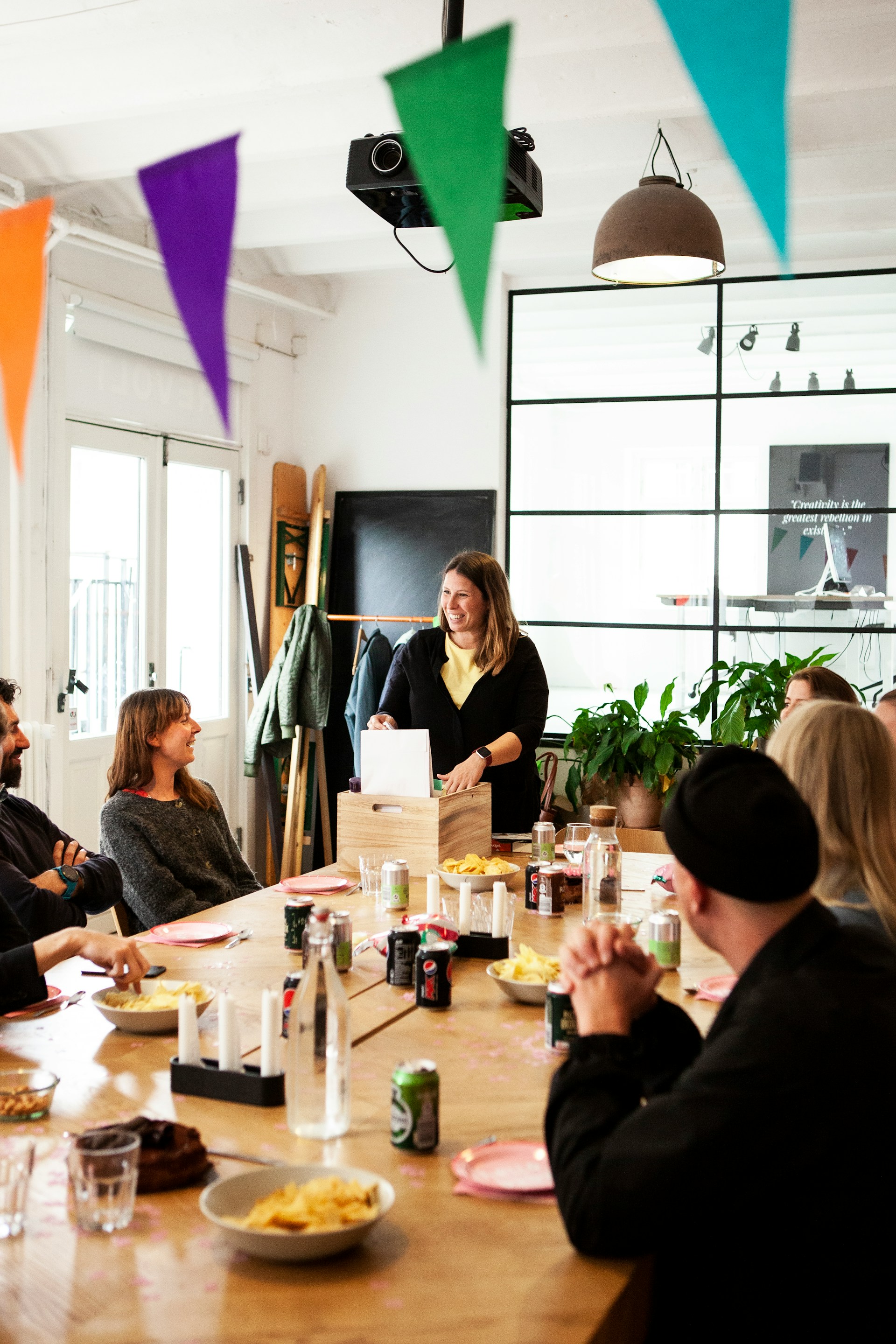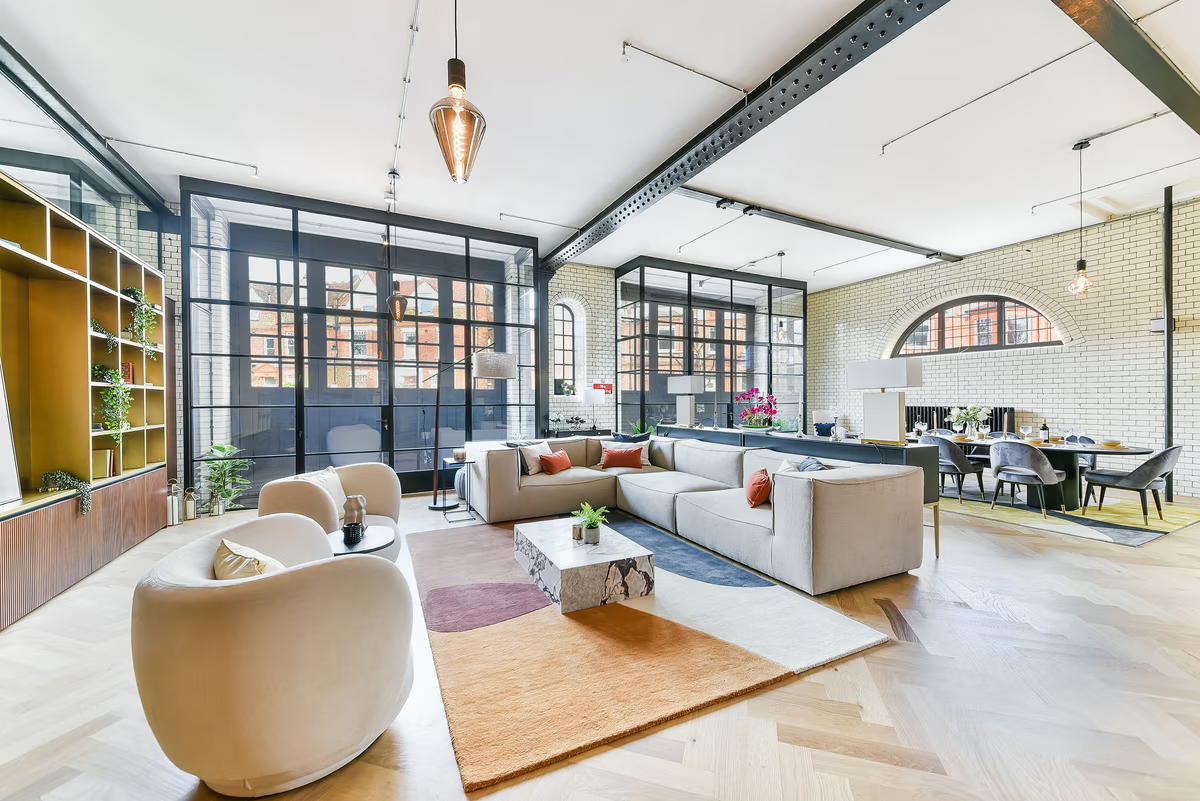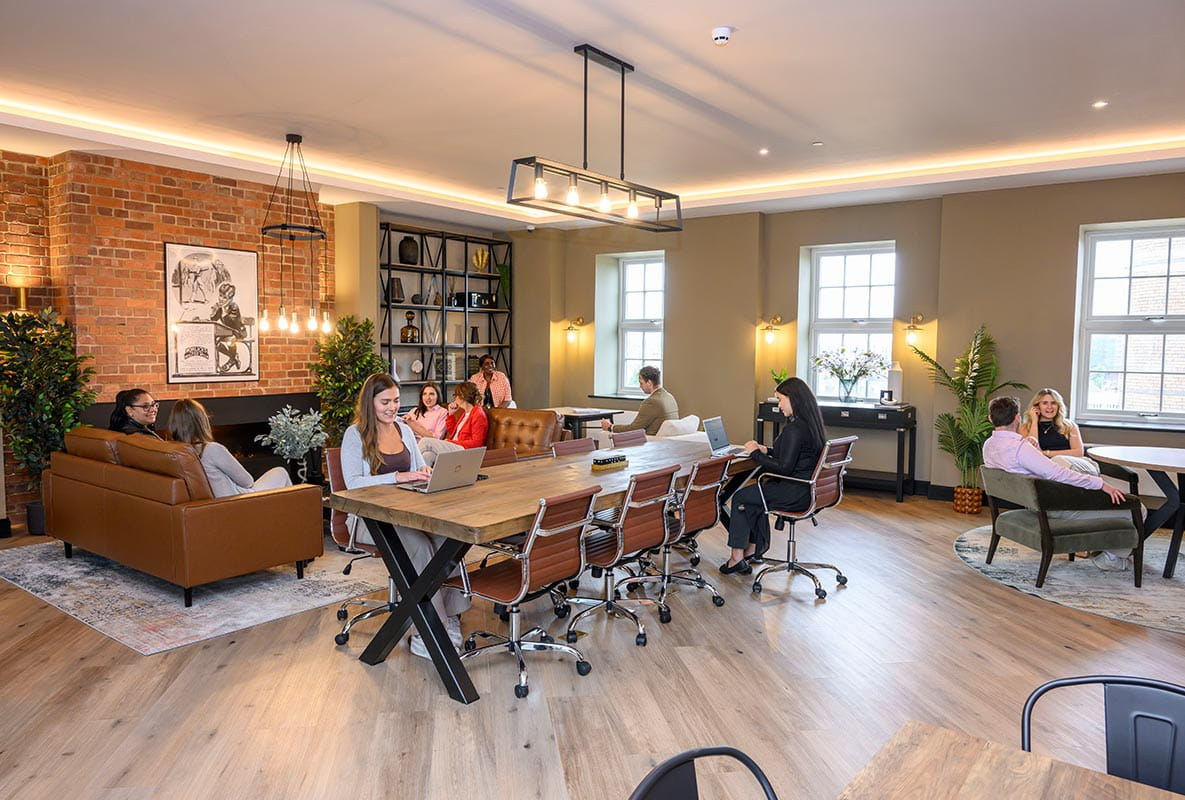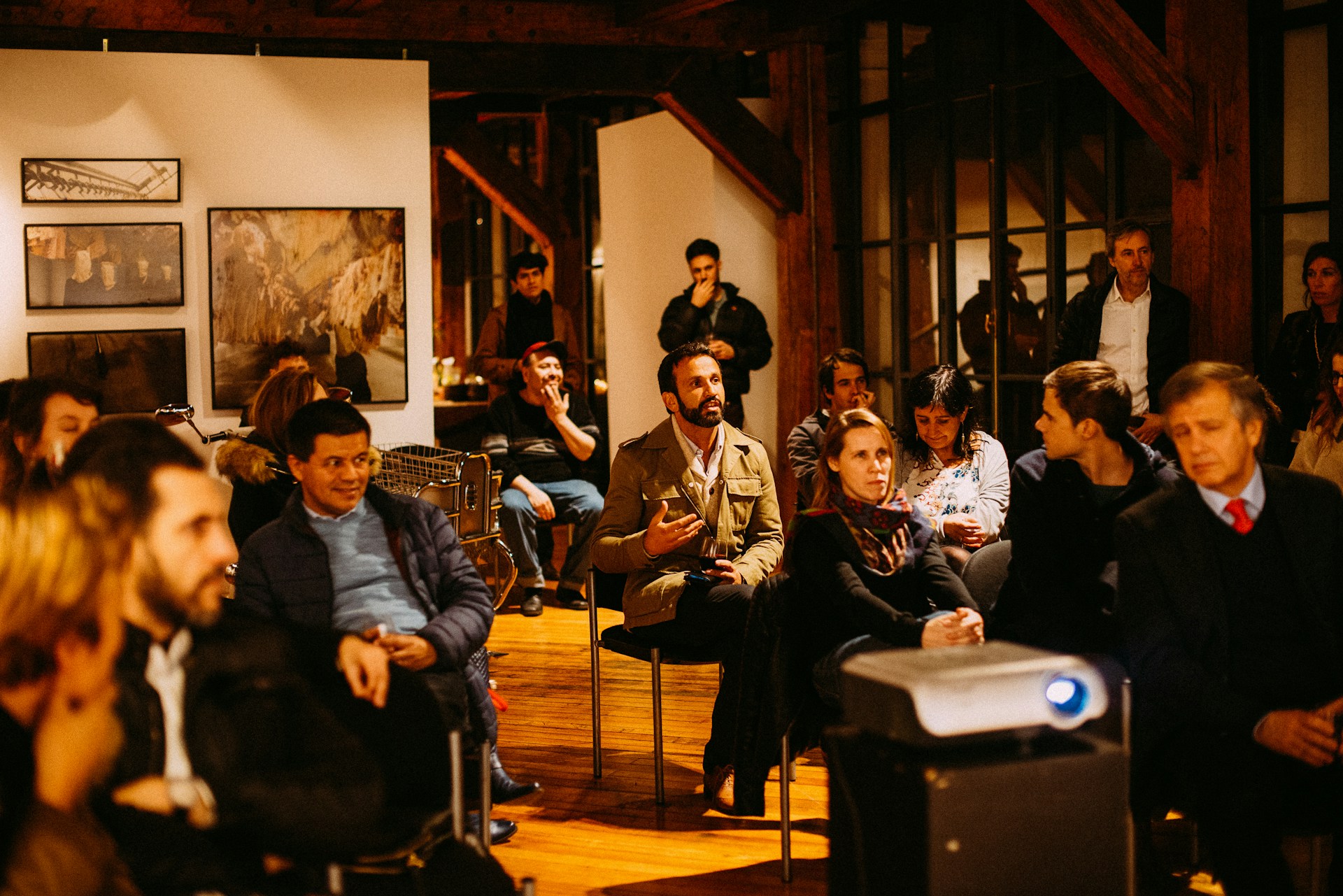
How to Plan a Corporate Party in London
Organising a corporate party may look simple at first glance, but creating a polished and memorable experience requires structure, intention, and careful attention to detail. Whether you are celebrating a company milestone, strengthening internal culture, or hosting valued clients, your event should reflect the professionalism and creativity of your brand.
This guide walks you through each stage of planning a corporate party, from defining your objectives to evaluating the impact afterwards. With the right approach, your event can be both enjoyable and strategically valuable.
1. Define the Purpose of the Event
Every successful corporate party begins with clarity. Ask yourself what the event is meant to achieve. Are you rewarding performance, improving team morale, building client relationships, or introducing a new product?
Once your objectives are clear, you can shape the tone and structure of the event around them. Clear goals will also help you measure the outcome afterwards, whether through feedback, engagement, or new business opportunities.
2. Set Your Budget and Choose a Venue
Budgeting should be done early, since it affects every other decision. Consider the main expense areas, including venue hire, catering, entertainment, audiovisual equipment, staff, decorations, and a small contingency allowance.
To stretch your budget further, partnerships or in kind sponsorships can be useful. A supplier may offer reduced rates in return for visibility, for example.
Choosing the venue is one of the most important decisions. A well selected space can elevate the experience for guests and support your objectives. When comparing locations, consider capacity, ease of access, parking and transport links, Wi Fi, AV compatibility, ambience, and on site facilities. A site visit is essential to confirm the layout and practical details.
Once the venue is booked, you can move forward with invitations.
3. Create the Guest List and Send Invitations
Think carefully about who should attend in order to support your aims. This may include internal teams, leadership, partners, or key clients.
Formal invitations create a sense of professionalism and help set expectations. Use British etiquette, correct titles, clear RSVP details, and the day, month, year format, such as Friday, 20th June 2025.
Make sure your invitation includes essential information such as dress code, arrival instructions, accessibility notes, and any requirements relating to the venue.
4. Plan the Programme and Activities
A strong programme keeps energy high and maintains a smooth flow throughout the event. Blending formal and informal elements works well and ensures there is something for everyone.
Consider a welcome speech, short recognition moments, presentations, team activities, relaxed networking time, and breaks for food and drink. Align the structure with your objectives. For example, collaborative challenges are ideal for team building, while longer networking windows are better for client focused events.
5. Organise Food and Beverages
Catering has a major impact on guest experience. Offer a varied menu that includes vegetarian, vegan, gluten free, and allergy friendly options. Match the service style to the event. A buffet suits relaxed social gatherings, while a plated dinner is better for formal events. Canapés are ideal for standing receptions when networking is the priority.
Choose caterers with proven experience in corporate events and communicate any timing or thematic requirements early.
6. Plan Entertainment and Décor
Creating the right atmosphere transforms a standard gathering into a memorable occasion. Choose a theme that complements the purpose of the event and supports the tone you want to set.
Popular corporate themes include Casino Royale, Great Gatsby, contemporary festival style, seasonal motifs, and futuristic or tech inspired concepts.
Entertainment can range from live bands and DJs to interactive performers, photo booths, virtual reality stations, or team challenges. Décor should reinforce the theme and remain practical for guest movement and supplier access. Work with experienced suppliers to keep everything visually cohesive.
7. Manage Logistics and Create a Clear Schedule
Strong logistics are essential to ensure smooth execution on the day. Develop a detailed run sheet that outlines arrival times for suppliers, setup periods, entertainment cues, speeches, catering timings, and breakdown procedures.
Organise transport where needed, confirm accessibility arrangements, prepare clear signage, and set up a registration or welcome desk. Make sure all suppliers receive the final schedule and know whom to contact during the event.
Appoint a dedicated coordinator or external team to oversee operations so you can focus on hosting.
8. Review the Event and Gather Feedback
Once the event concludes, take time to reflect. Gathering feedback from guests, staff, and suppliers will help you understand what worked well and what can be improved. Use surveys, follow up emails, and informal conversations to collect insights.
Review the event against your original objectives. Did it support morale, strengthen relationships, or generate leads? These insights can guide your future planning and demonstrate value to stakeholders.
Frequently Asked Questions
How can I prevent or resolve conflicts during the event?
Assign a small team to act as discreet points of contact. A clear code of conduct and thoughtful seating arrangements can also reduce tensions.
What are some creative corporate party themes?
Try a vintage tea party, a black and white masquerade, or a sustainability inspired event with eco friendly décor and suppliers.
How do I ensure the event is inclusive?
Survey attendees in advance regarding dietary requirements, cultural considerations, and accessibility needs. Offer different styles of entertainment so guests can choose what suits them.
How can I incorporate team building in a corporate party?
Use structured but enjoyable activities such as scavenger hunts, quizzes, collaborative challenges, or informal competitions.
What helps create a memorable atmosphere?
Lighting, music, interactive features, and thoughtful décor contribute greatly. Subtle scent diffusers or branded visual elements can also elevate the ambience.
Conclusion
Planning an exceptional corporate party is both creative and strategic. With clear objectives, a suitable venue, the right entertainment, professional suppliers, and strong logistics, you can create an engaging experience that reflects your brand and leaves a lasting impression.
In the evolving landscape of corporate events, guests expect more than good food and a speech. They look for connection, value, and authenticity. With careful preparation, your event can deliver all three.
Latest Posts

Why Entertainment Matters at Business Events
Business events are about more than presentations and cateri...

Why Hire a Venue for Your Next Business Event?
Business events shape how clients, colleagues, and partners...

Top Advice to Welcome Guests Into Your Property
Whether you’re hosting a client meeting, a creative workshop...

How To Turn Your Property Into An Event Venue
Turning a private property into a successful event space tak...

How To Market An Event Venue Or Space
Success in venue hire isn’t just about filling the calendar...

How Much Does It Cost To Hire A Meeting Room In Lo...
London is full of options: sleek co-working rooms, boutique...

How Much Does a Caterer in London Cost Per Person...
London is one of the world’s busiest business hubs, hosting...

How Far in Advance Should You Book a Meeting Room?
Booking a meeting room seems simple, but timing can make all...

How to Plan a Corporate Party in London
Organising a corporate party may look simple at first glance...

What Makes a Good Meeting Room Layout? A Complete...
A great meeting room layout does far more than determine whe...

What Is Corporate Events Management? A Complete Gu...
Corporate events management is the structured process of pla...

How Much Does It Cost to Hire a Venue Finder in Lo...
Planning an event in London can be time consuming and overwh...

What Are the Essential Requirements of an Event Ve...
Choosing the right venue is one of the most influential deci...

The Pros and Cons of Hosting Free Events: A Comple...
Free events are a popular strategy used by brands, communiti...

What Are the Key Features of a Private Event?
Private events are designed to feel personal, exclusive, and...

What Are the Benefits of Using a Private Party Ven...
Choosing the right venue is one of the most influential deci...

The Best Corporate Party Theme Ideas to Inspire Yo...
The Best Corporate Party Theme IdeasA strong theme can trans...

Key Questions to Ask When Choosing a Venue for a P...
Choosing the right venue is one of the most important decisi...







